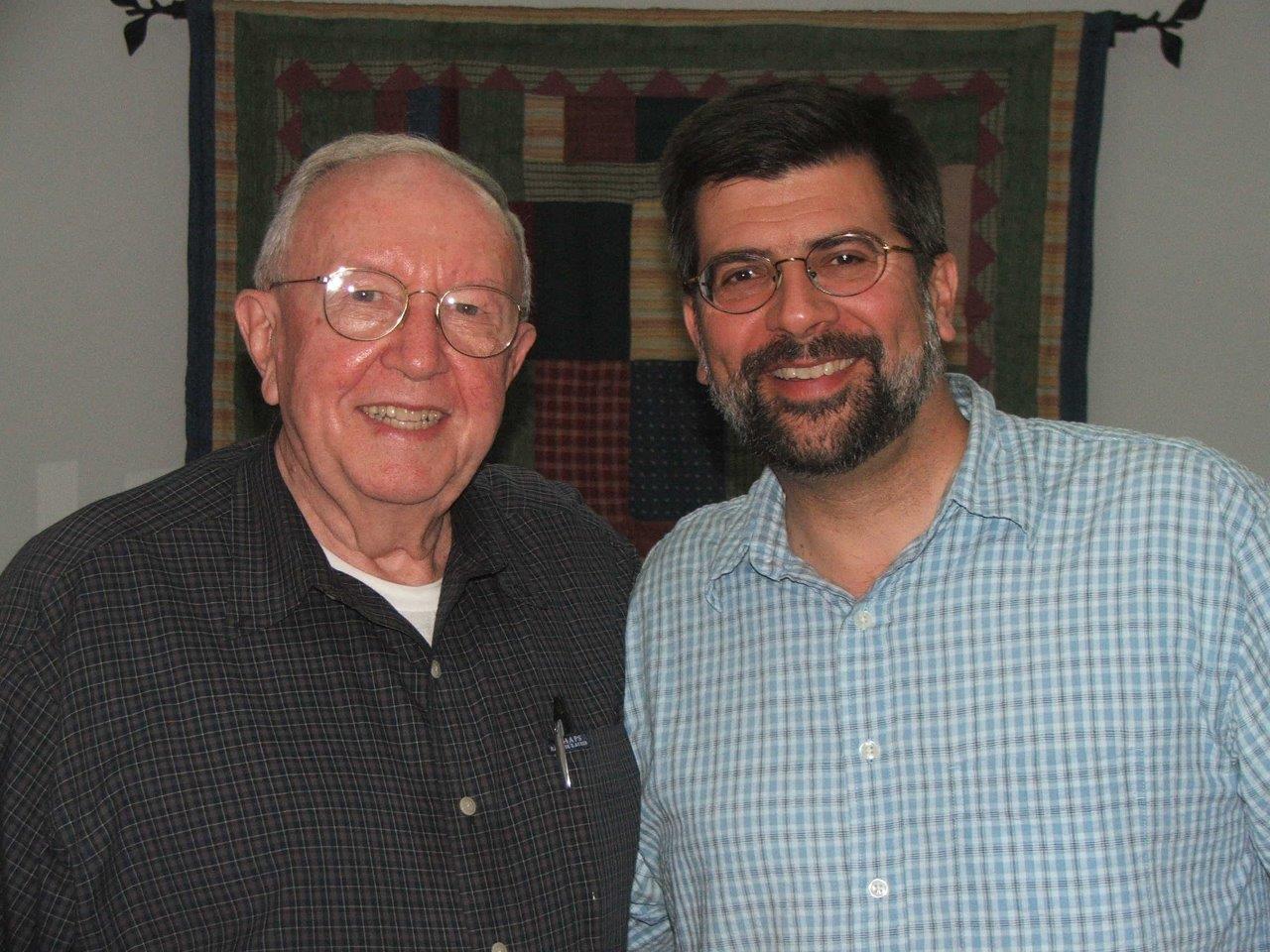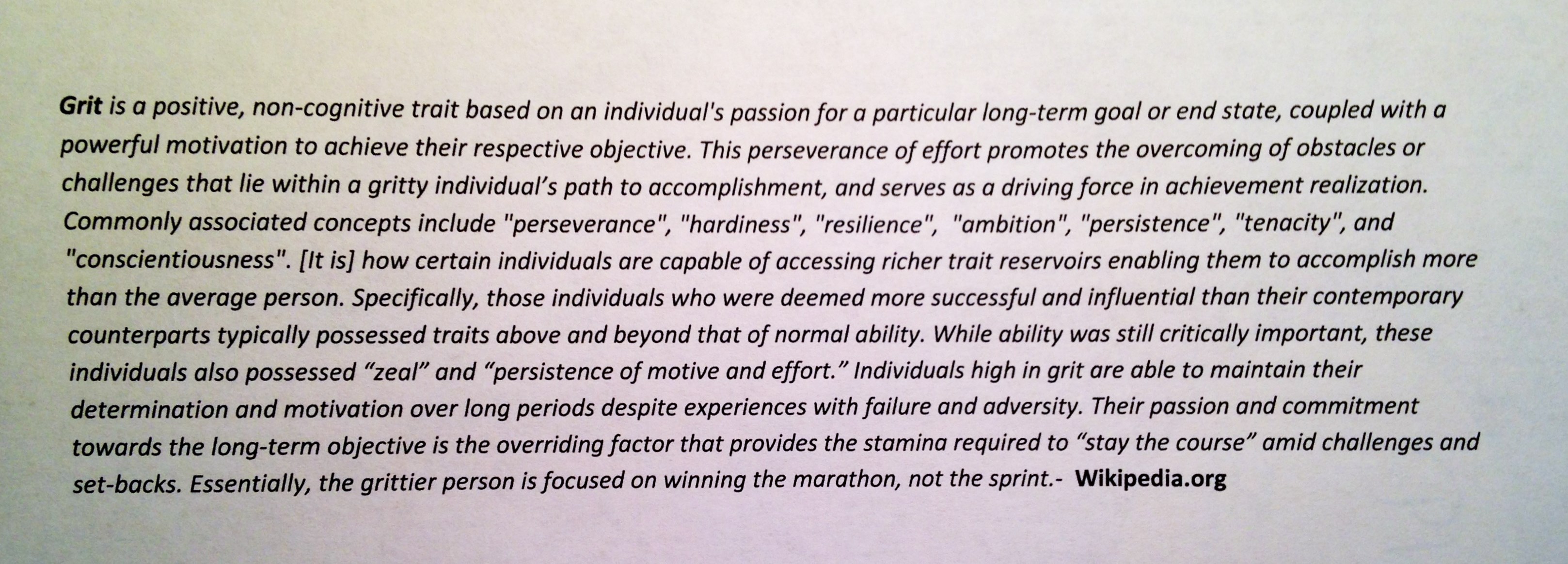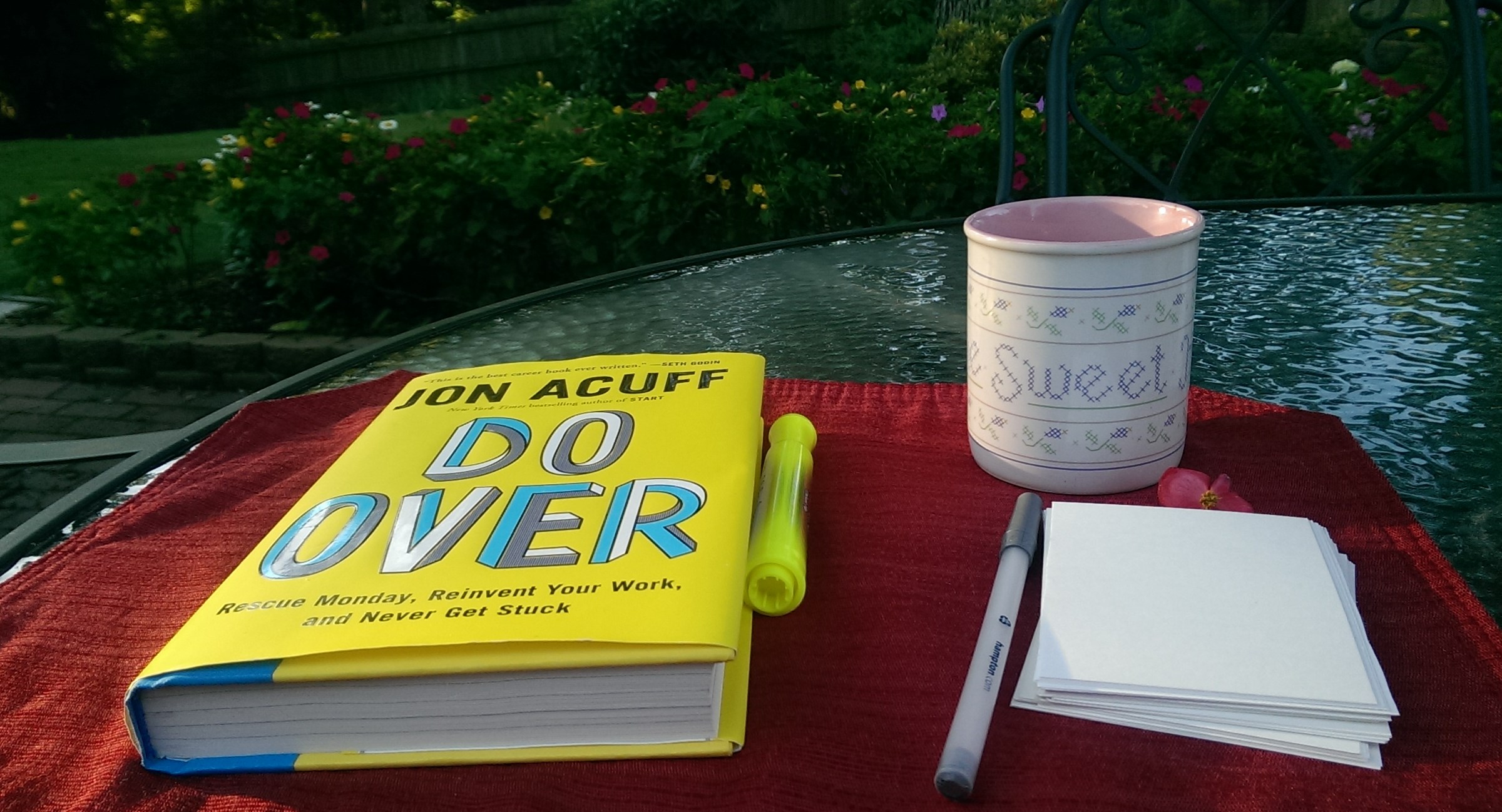
And Jesus said, “There was a man who had two sons; and the younger of them said to his father, ‘Father, give me the share of property that falls to me.’ And he divided his living between them. Not many days later, the younger son gathered all he had and took his journey into a far country, and there he squandered his property in loose living. And when he had spent everything, a great famine arose in that country, and he began to be in want. So he went and joined himself to one of the citizens of that country, who sent him into his fields to feed swine. And he would gladly have fed on the pods that the swine ate; and no one gave him anything. But when he came to himself he said, ‘How many of my father’s hired servants have bread enough and to spare, but I perish here with hunger! I will arise and go to my father, and I will say to him, “Father, I have sinned against heaven and before you; I am no longer worthy to be called your son; treat me as one of your hired servants.”’ And he arose and came to his father. But while he was yet at a distance, his father saw him and had compassion, and ran and embraced him and kissed him. And the son said to him, ‘Father, I have sinned against heaven and before you; I am no longer worthy to be called your son.’ But the father said to his servants, ‘Bring quickly the best robe, and put it on him; and put a ring on his hand, and shoes on his feet; and bring the fatted calf and kill it, and let us eat and make merry; for this my son was dead, and is alive again; he was lost, and is found.’ And they began to make merry.
“Now his elder son was in the field; and as he came and drew near to the house, he heard music and dancing. And he called one of the servants and asked what this meant. And he said to him, ‘Your brother has come, and your father has killed the fatted calf, because he has received him safe and sound.’ But he was angry and refused to go in. His father came out and entreated him, but he answered his father, ‘Lo, these many years I have served you, and I never disobeyed your command; yet you never gave me a kid, that I might make merry with my friends. But when this son of yours came, who has devoured your living with harlots, you killed for him the fatted calf!’ And he said to him, ‘Son, you are always with me, and all that is mine is yours. It was fitting to make merry and be glad, for this your brother was dead, and is alive; he was lost, and is found.’” – Luke 15:11-32
The following is a treasure by writer and researcher Trevin Wax, used with permission. We met only once, but I’ve been learning from him for several years. You are in for a treat – a life-giving infusion of truth, wisdom, and grace.
“Every now and then, a song brings me to tears.
Sometimes it’s an older song that stirs the heart in a new way. I’ve never been able to sing the last verse of Isaac Watts’s hymn, “There Is a Fountain,” because I’m too moved by that image of my “poor lisping, stammering tongue” lying “silent in the grave” before rising again to sing a “nobler, sweeter song” of Christ and his “power to save.”
Songs about the cross and resurrection strike that chord, such as the vision at the end of “O Praise the Name (Anástasis)” of resurrection hope when our gaze will be fixated on the Savior. Andrew Peterson’s “Well Done, Good and Faithful” builds on a Watts hymn and imagines the Father affirming the Son’s sacrificial work; I blubber every Easter season when I hear it. Other songs do the trick too, even simple ones like Steven Curtis Chapman’s “My Redeemer is Faithful and True” or Fernando Ortega’s “Give Me Jesus.”
But for all the times when glorious gospel truth has me fumbling for a Kleenex, there many times when I sing about amazing grace with dry eyes and a lukewarm heart. This has me wondering, What dries up the heart and keeps us from feeling and experiencing the marvelous, matchless grace of God? What keeps the tear ducts blocked?
For starters, there’s the posture of the older brother in the parable of the prodigal son: the self-righteous, self-sufficient one who remains “close” to the father, at least in terms of proximity, while his heart is far from home. The consummate rule-follower believes deep down that the only possible reason God would love us is because we’ve done something to deserve salvation.

This assumption can manifest itself in many ways, even among those who talk about grace all the time. The self-justifying tendencies of the human heart can lead us to stand on a pedestal of Christian teaching about grace and then look down on others who’ve not arrived at our level of doctrinal understanding or theological precision.
But we cannot weep before the majestic grace of God if we’re still searching for scraps of self-sufficiency. Tears of gratitude will never fall from eyes looking down on others, only from eyes looking up to God’s grace.
But there’s a second posture that keeps us from marveling at the grace of God: the desire to validate ourselves by doing away with sin.
The New Testament’s insistence on our need for redemption humbles us. But redefining sin removes the need for humility, leaving us affirmed in our natural state.
For many today, the problem isn’t the disease of sin, but those who’d diagnose the disease. So, instead of a father running to us with a heart overflowing with forgiveness and healing mercy, we want a father who runs to affirm us and tell us all is well, that what we’ve done either wasn’t that bad or wasn’t bad at all. We want a God to provide a spiritual presence, a transcendent dimension for the life we’ve chosen to live. God becomes the approver of our own self-validation.
This second posture is also rooted in self-righteousness, but it masks itself in false mercy. For some, sin is not that big a deal because God is merciful and it’s his job to forgive. For others, our focus on brokenness and suffering outstrips any notion of sin as transgression or treason against God. God’s mercy and help are there to make us whole, but this “wholeness” must ultimately be defined by every individual.
The first and greatest commandment is “Be true to yourself.” The second is like it: “Affirm whatever self your neighbor decides to be true to.” In this way, we rid ourselves of vice, not through forgiveness, but through redefining vices as virtues, as part of our authentic selves.
And so, the father runs to the repentant son, not to shower him with undeserved grace, but to follow him to the pigsty, where he insists the son’s rebellion was a bold and courageous act of independence, and the diet of pig food is really a feast for the self-actualized.
This posture strips us of the power to weep at grace. Sin is waved, not washed, away. To deny or minimize your sinfulness is to sever the root of gratitude for undeserved favor. Make favor deserved, a reward that showcases your innate worth and value and goodness, and you’ve gutted grace of everything that makes it amazing.
In both cases, whether it’s the elder brother who won’t lower himself to join the feast, or the younger brother who won’t come to his senses because he wants to be “free” to choose the pigsty, self-righteousness blocks tears of gratitude.
Only Jesus gives us grace that meets us in our darkest hour, grace that plumbs the depths of our cavernous hearts, grace that transforms the heart of stone into a heart of flesh.
Undeserved favor strips us of self-righteousness and shows up our paltry attempts at self-validation. Submit to that humble stripping away of all our pride, and then we can bask in the grace that makes us sing louder, shout for joy, and weep with gratitude. That’s the grace we see in the running feet of the father.” – Trevin Wax, Facebook, May 5, 2024
[If you have time, and want to sing praise to God for His great grace, click on any of the song links – old or new.]
Rembrandt’s Prodigal – A Life Lesson – Stanton Lanier
The Story of the Loving Father – William Barclay – James Ross Kelly


















































